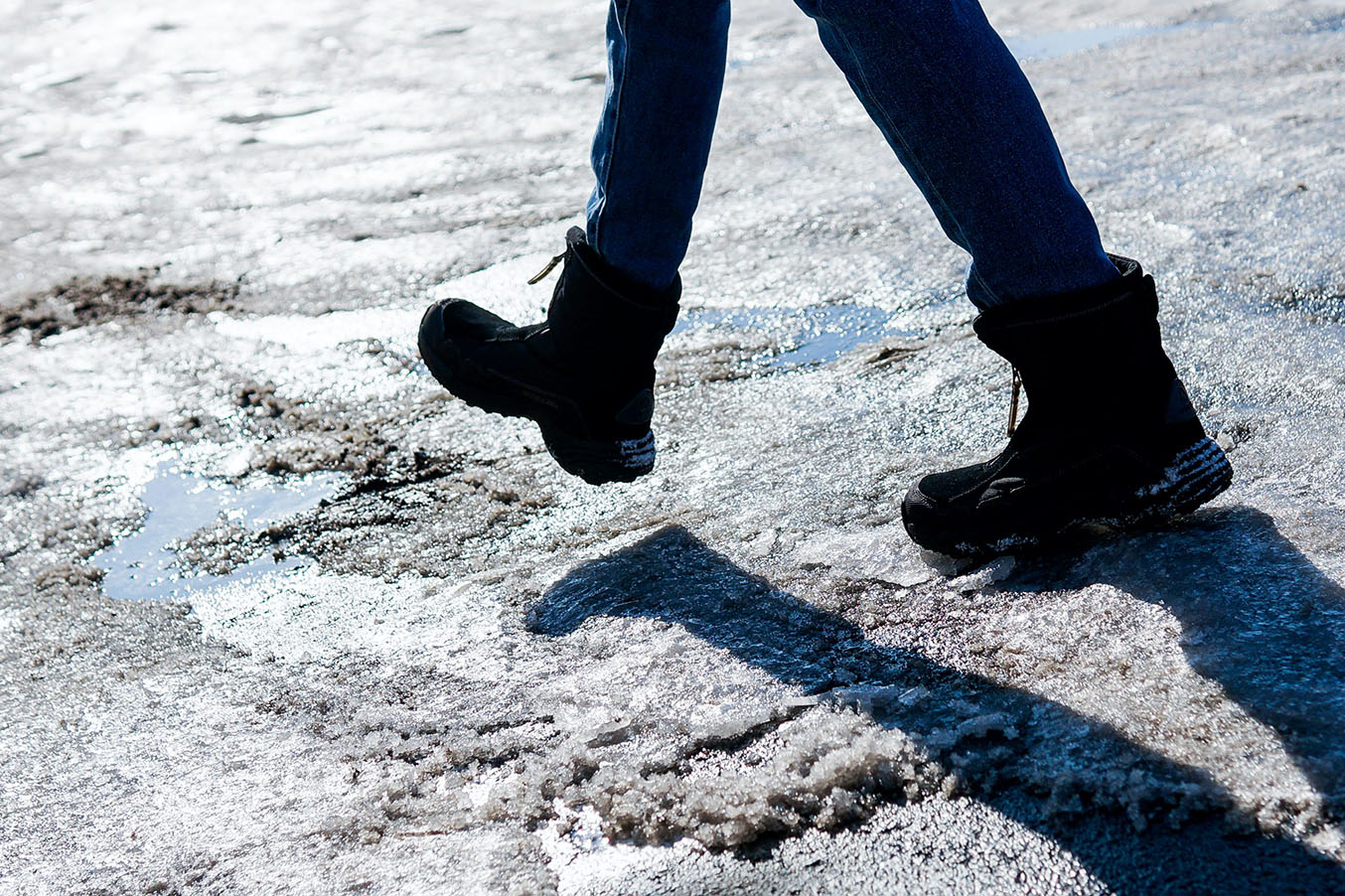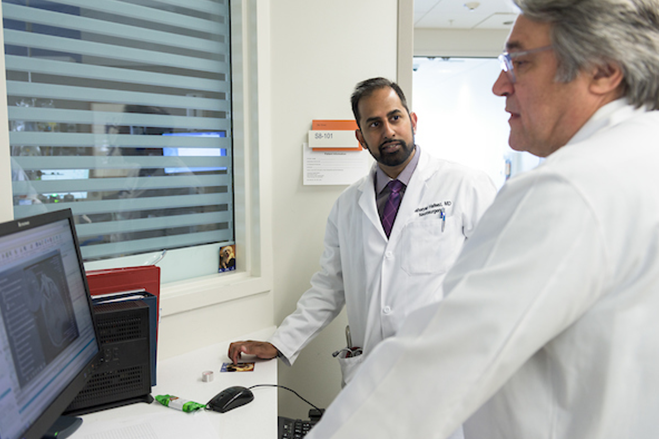Serious injuries to both adults and children seen at University Hospital rise for fifth consecutive year
Third annual Community Trauma Report highlights areas of concern
(SAN ANTONIO, TX – January 28, 2016) With the hope of drawing attention to how children and adults in Bexar County and South Texas are injured, University Health System released its third annual Community Trauma Report today. The report looks at major causes of serious injuries and trends in South Texas over a five-year period, using data from thousands of trauma patients seen at University Hospital.
“We believe that with a little knowledge and the will to change risky behaviors, people can avoid most, if not all, of the injuries we see,” wrote Dr. John G. Myers, chief of trauma and emergency surgery, and professor of surgery at the UT Health Science Center, in the report’s introduction. “But to be truly successful in reducing the burden of serious injuries in our community, it will take a commitment from us all. Each of us must examine our own behaviors and challenge the behaviors of others — particularly the ones we love.”
University Hospital’s Level I trauma center treated 4,637 people— 3,472 adults and 1,165 children — in 2014. That was a 7 percent increase from 4,340 in 2013, and a 38 percent increase over a five-year period. Each year, the number of both adults and children with serious injuries has grown during those five years. Car crashes were the leading injury cause among trauma patients ages 5 to 44.
This year’s Spotlight section, which features three causes of injuries identified by members of the trauma team as problems in our community, looks at fireworks, injuries from horses and children hit by cars.
Among the report’s other highlights:
Injuries to children
Car crashes — the rate (per 100,000 population) of children injured in car crashes in 2014 was down 25 percent from 2012. Over a five-year period, the rate has declined by 3 percent. The 78227 ZIP code, on the city’s West Side, had the highest number of children injured in car crashes at 25.
Bicycle injuries — the bike injury rate for children improved a little from the previous year, but was still 245 percent higher than in 2010.
Burns — hot soup was the leading cause of burns involving children at 18 percent. Boiling water was the second leading cause at 12 percent.
Falls — the leading cause of childhood injuries seen at University Hospital in 2014, with 266 children treated. The rate of childhood falls was 52 percent higher than five years earlier.
Injuries to adults
Car crashes —the car crash injury rate for adults rose 2 percent between 2013 and 2014, and 13 percent over a five-year period. Nearly one-third of the 1,001 adults injured in crashes weren’t wearing seatbelts. Alcohol was involved in 27 percent of the injuries, and drugs 7 percent.
Falls — the rate of adults injured in falls rose 37 percent over a five-year period, with 967 adults treated in 2014.
Machinery — the rate of adults injured by machinery rose 116 percent between 2010 and 2014 — which might be in part a result of the increased economic activity in Eagle Ford Shale counties during the period. Seventy-nine machinery injuries were treated at University hospital in 2014, compared to 35 in 2010.
Violence — the rate of adult shootings has held fairly steady over a five year period. However, the rate of unarmed assaults has almost doubled.
The report can also be found online at www.universityhealthsystem.com/TraumaReport.
University Hospital is the premier Level I trauma center for a 22-county region of South and Central Texas. It operates the highest-level designated pediatric trauma center in South Texas, the only pediatric trauma center verified by the American College of Surgeons, and the only pediatric burn program in the region. With its physician partners at the UT Health Science Center School of Medicine, University Hospital provides comprehensive, around-the-clock care for life-threatening injuries.



